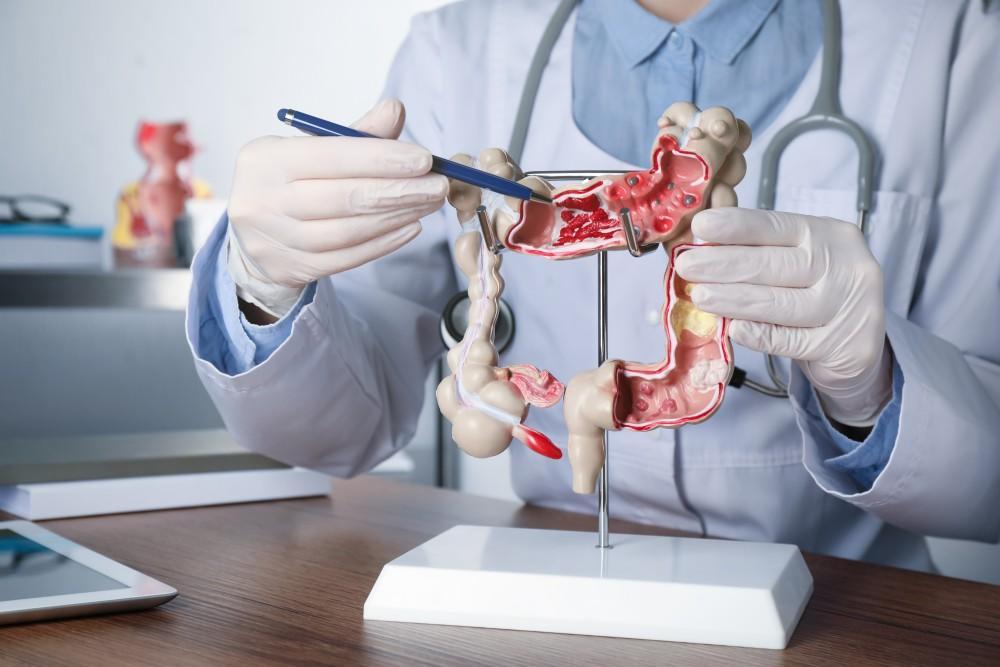
Colorectal cancer — or colon cancer — is a common cancer that results from an abnormal growth of cells in your colon, the first section of your large intestine. Colon cancer often starts as a group of polyps that are only detectable through a colon cancer screening called a colonoscopy.
There are a lot of factors that play into your risk of developing colon cancer. However, you can have risk factors and never have colon cancer and vice versa. But, it’s still helpful to know when you have a higher chance of developing it.
Ven Kottapalli, MD, CNSP, and our team at GI Physicians, Inc. in Lima, Ohio, offer colonoscopies as a way to catch colon cancer in its earliest stages. Those with an average risk of colon cancer should receive a colonoscopy every 10 years starting around age 45. However, if you’re at high risk, you may need to start earlier.
In this blog, we explore what puts you at a higher risk for colon cancer and what to do about it.
Many things can put you at risk for colon cancer. Some of them you can control and others you can’t.
These are some colon cancer risk factors you can’t change:
These are the colon cancer risk factors you can change:
It’s important to take note of the things you can and can’t change and make a plan from there.
If you identify with many of the uncontrollable colon cancer risk factors, we highly recommend you see us for regular colonoscopies by age 45, maybe even sooner. This allows us to check for any signs of cancer and also gives us a chance to remove any polyps that could potentially turn cancerous.
For more controllable risk factors, we recommend making some of the following lifestyle changes to reduce your chance of developing colon cancer:
If you’d like guidance on how to better mitigate your risk of colon cancer, contact our team to schedule an appointment. Give us a call or book online today.